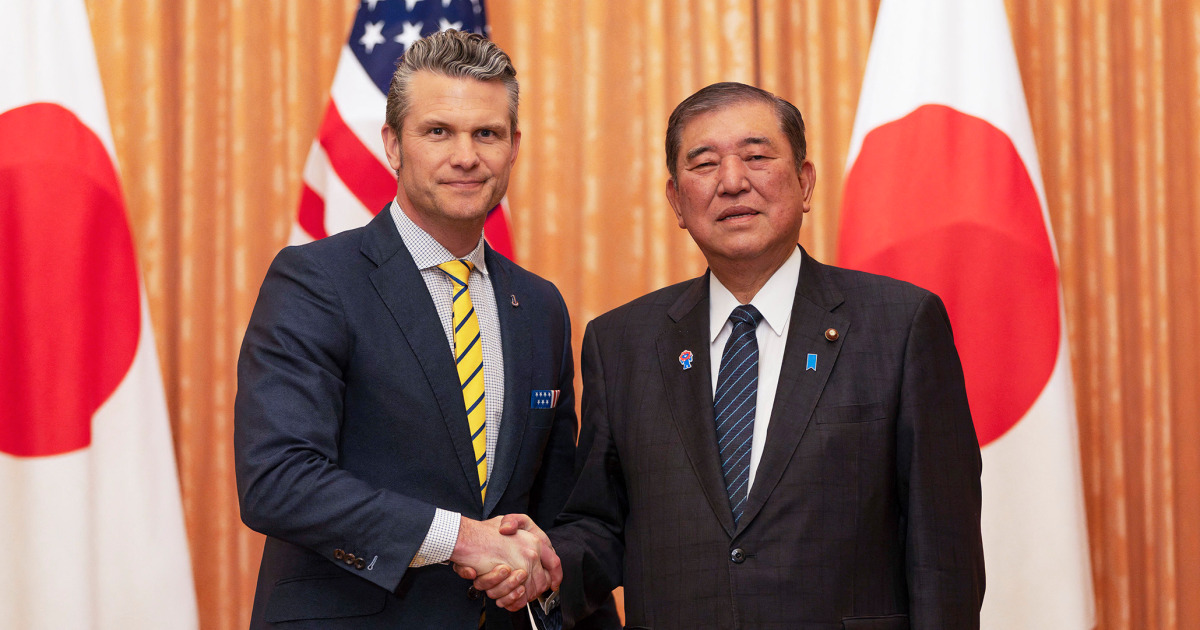Key takeaways:
- North Korea has criticized a recent U.S.-Japan agreement to co-produce air-to-air missiles, viewing it as part of a strategy to militarize Japan and increase regional security risks.
- The U.S.-Japan collaboration on the AIM-120 missile system is seen as a threat to regional stability, though specific countries targeted by this cooperation were not mentioned by North Korea.
- In a related development, China has conducted large-scale military drills around Taiwan, signaling a warning against Taiwan’s pursuit of formal independence, amid ongoing regional tensions.
North Korea has expressed criticism over a recent agreement between Japan and the United States to co-produce air-to-air missiles, describing it as a move that heightens regional security risks. According to a report by the KCNA state news agency on Wednesday, this collaboration is viewed as part of Washington’s broader strategy to militarize Japan. The report comes amid ongoing efforts by the United States to enhance its military command presence in Japan, which North Korea perceives as having aggressive intentions directed at countries in the region.
The agreement between the United States and Japan focuses on the co-production of the AIM-120 air-to-air missile system, a development that has drawn attention from various regional players. The unnamed vice general director of North Korea’s defense ministry, who commented on the situation, did not specify which countries were being targeted by this military cooperation. However, the implication is that the move is seen as a threat to regional stability and security.
In a related development, the Chinese military has announced large-scale drills in the waters and airspace surrounding Taiwan. These exercises, which include an aircraft carrier battle group, are intended as a warning against Taiwan’s pursuit of formal independence. The drills involve multiple branches of the military, including navy, air, ground, and rocket forces, and are described as a “severe warning and forceful containment against Taiwan independence” by Shi Yi, a spokesperson for the People’s Liberation Army’s Eastern Theater Command.
China maintains its stance that Taiwan is a part of its territory and has not ruled out the use of force to bring the island under its control. Meanwhile, the majority of Taiwanese people continue to support their de-facto independence and democratic governance. The situation remains tense as regional powers navigate the complex geopolitical landscape, with military developments such as the U.S.-Japan missile agreement and China’s military exercises contributing to the ongoing discourse on security and sovereignty in the region.



Be First to Comment